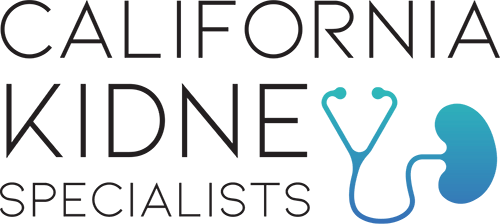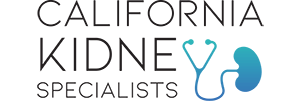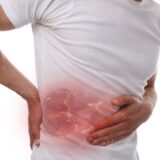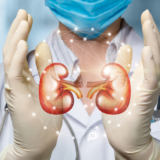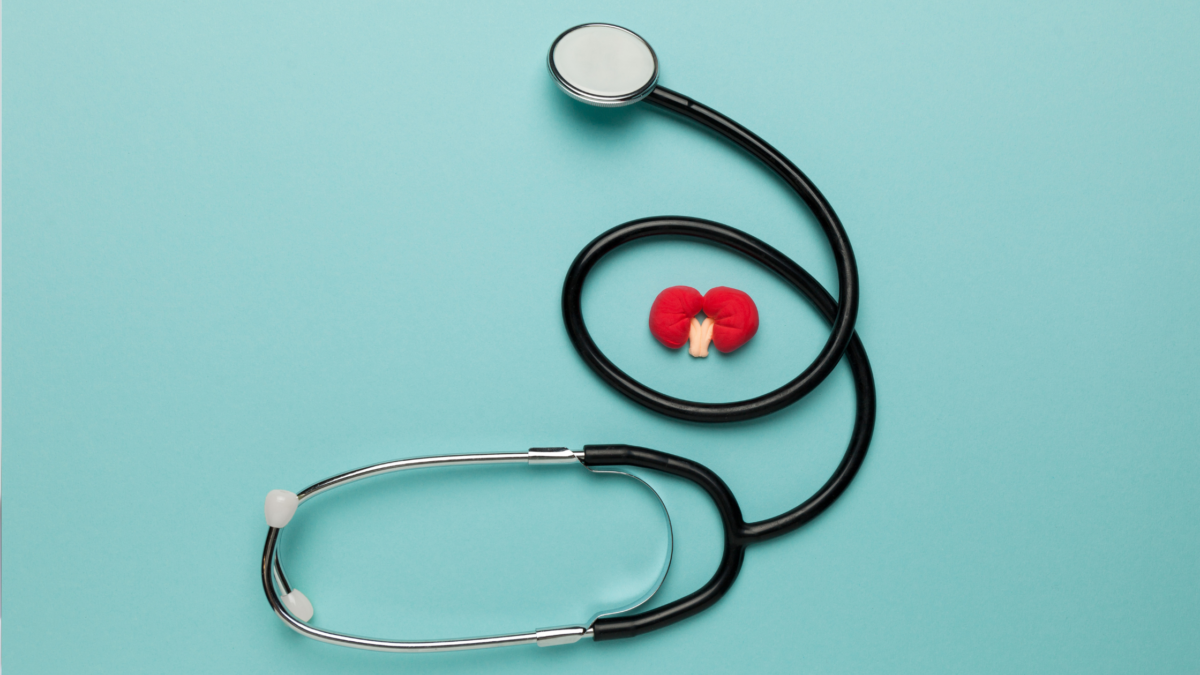
Dietary restrictions vary depending on the stage of kidney disease.
For instance, people with early stages of chronic kidney disease will have different dietary restrictions than those with end-stage renal disease, or kidney failure.
Those with end-stage renal disease who require dialysis will also have varying dietary restrictions. Dialysis is a type of treatment that removes extra water and filters waste.
The majority of those with late or end-stage kidney disease will need to follow a kidney-friendly diet to avoid a buildup of certain chemicals or nutrients in the blood.
In those with chronic kidney disease, the kidneys cannot adequately remove excess sodium, potassium, or phosphorus. As a result, they’re at a higher risk of elevated blood levels of these minerals.
A kidney-friendly diet, or renal diet, usually limits sodium to under 2,300 mg per day, as well as your potassium and phosphorus intake.
The National Kidney Foundation’s most recent Kidney Disease Outcomes Quality Initiative (KDOQI) guidelines don’t set specific limits on potassium or phosphorus
Potassium and phosphorus are still a concern for people with kidney disease, but they should work closely with their doctor or dietitian to determine their limits for these nutrients, which are usually based on lab results.
Damaged kidneys may also have trouble filtering the waste products of protein metabolism. Therefore, individuals with chronic kidney disease of all stages especially stage 3–5, should limit the amount of protein in their diets unless they’re on dialysis
However, those with end-stage renal disease undergoing dialysis have an increased protein requirement
Here are 17 foods that you should likely avoid on a renal diet.
- Avocados
- Canned foods
- Whole wheat bread
- Brown rice
- Bananas
- Dairy
- Oranges and orange juice
- Pickles, olives, and relish
- Apricots
- Potatoes and sweet potatoes
- Tomatoes
- Packaged, instant, and premade meals
- Swiss chard, spinach, and beet greens
- Dates, raisins, and prunes
- Pretzels, chips, and crackers
If you have kidney disease, reducing your potassium, phosphorus, and sodium intake can be an important aspect of managing the disease.
The high sodium, high potassium, and high phosphorus foods listed above are likely best limited or avoided.
